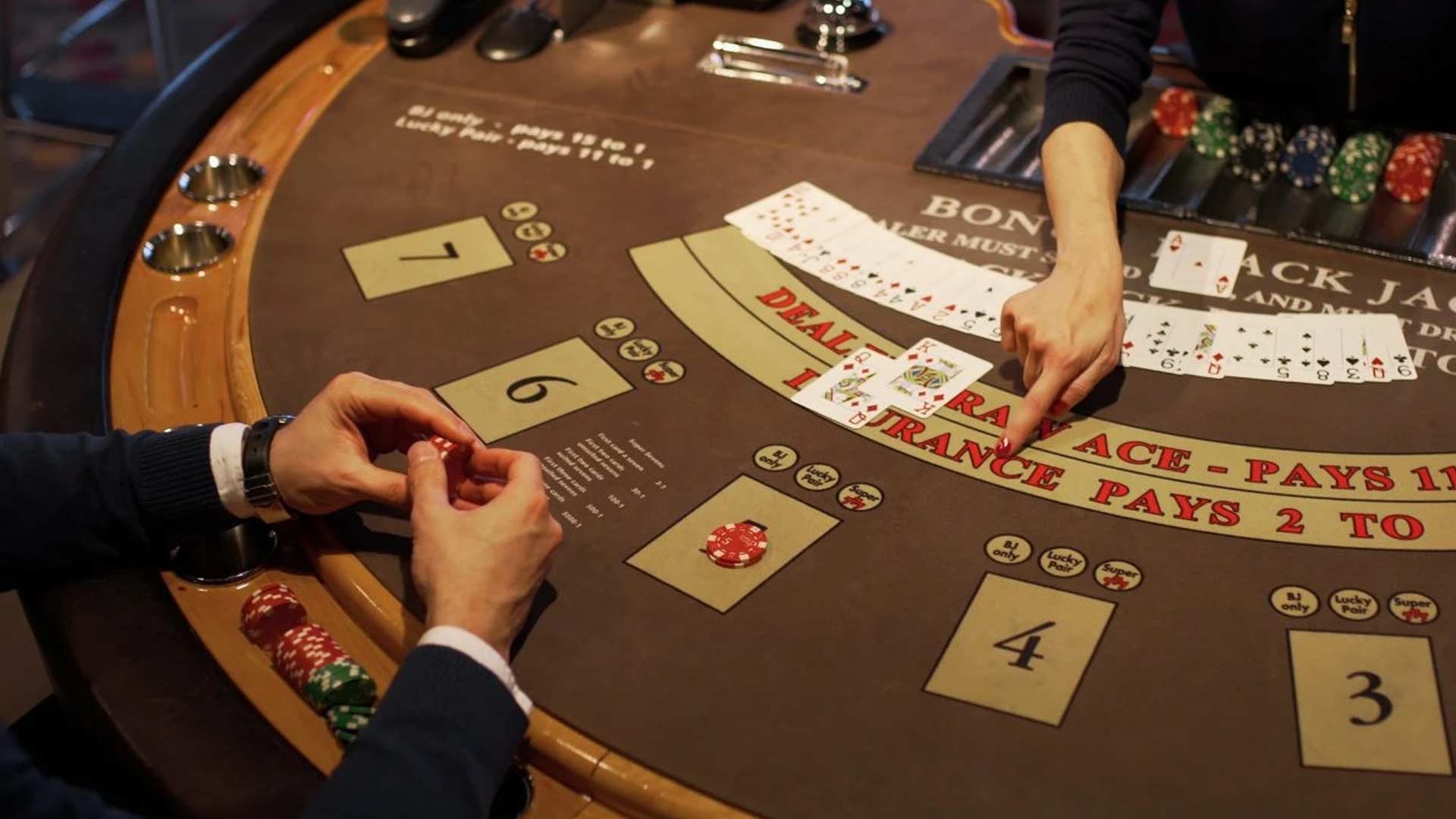The Global Clash of Casino Cultures
The Global Clash of Casino Cultures
The world of gambling is a vibrant tapestry woven from countless threads of culture, history, and societal norms. While the fundamental act of wagering on an uncertain outcome remains universal, the global casino landscape reveals a fascinating "clash of cultures," where distinct traditions, regulations, and player preferences shape the very essence of the gaming experience. From the neon-drenched boulevards of Las Vegas to the opulent VIP rooms of Macau, and increasingly, the boundless realm of online casinos, the way people gamble, what they gamble on, and even their underlying motivations vary dramatically across continents.
In the Western world, particularly in iconic hubs like Las Vegas and Monte Carlo, the casino experience is often packaged as comprehensive entertainment. It's not just about placing a bet; it's about the spectacle, the glamour, the fine dining, the shows, and the resort amenities. Here, games like blackjack, roulette, and slot machines dominate, appealing to a broad demographic looking for a night out or a vacation escape. The emphasis is on a fun, often social, atmosphere where responsible gambling initiatives are increasingly prominent. These establishments are designed to be destinations, places where the thrill of the wager is complemented by a myriad of other leisure activities, creating a holistic entertainment complex that draws millions annually.
Conversely, the Asian casino culture, exemplified by Macau – the world's largest gambling hub – presents a starkly different paradigm. Here, the focus is unequivocally on the high-stakes game, particularly baccarat. Luck, superstition, and an intense desire for winning dominate the player's psyche. The atmosphere is often more focused and less overtly celebratory than its Western counterparts. VIP programs are paramount, catering to high rollers who seek privacy, efficiency, and direct access to high-limit tables. The cultural importance of 'face' and the concept of 'luck' play significant roles, influencing everything from game choice to betting patterns. While Western casinos aim for broad entertainment, many Asian establishments prioritize the core gambling experience, often with a premium on speed, efficiency, and high-value play.
Beyond these two dominant models, other regions offer unique variations. European casinos often blend the traditional elegance of Monte Carlo with a more relaxed social ambiance. Australia and Canada have robust gambling industries with strong regulatory frameworks emphasizing problem gambling prevention. The rapid growth of online gambling, however, has added another layer to this cultural mosaic, allowing players to access a global array of games from the comfort of their homes. This digitalization has democratized access, enabling niche games to find wider audiences and allowing platforms like those offering an m88 casino no deposit bonus to cater to diverse players worldwide.
The regulatory landscape is another critical factor in this global clash. Laws governing advertising, game availability, betting limits, and taxation vary wildly, directly shaping how casino cultures evolve. Some countries strictly prohibit most forms of gambling, while others embrace it as a significant economic driver. This patchwork of regulations means that even within a shared online space, operators must navigate complex legal frameworks, often adapting their offerings and marketing strategies to comply with local laws and cultural sensitivities. For instance, what is permissible in terms of bonus offers or game types in one jurisdiction might be illegal or culturally inappropriate in another.
Moreover, player demographics and preferences are deeply intertwined with cultural backgrounds. Certain cultures may have a higher propensity for risk-taking, while others might prefer games of skill over pure chance. The social aspect of gambling also differs; in some cultures, it's a communal activity, while in others, it's a solitary pursuit. Even the superstitions surrounding luck and fate, the rituals performed at the table, and the interpretation of wins and losses are colored by cultural lenses. The rise of live dealer games in online casinos, for example, attempts to bridge the gap between the digital and the traditional, offering a more interactive experience that can cater to those who value the human element of the casino.
The ongoing clash of casino cultures is not merely a divergence but also a dynamic interaction. As global travel increases and online platforms connect players across borders, there is a subtle convergence. Western casinos are learning from the high-roller focus of Asian markets, while Asian operators are increasingly incorporating broader entertainment offerings. Online casinos, in particular, face the challenge and opportunity of catering to this global diversity, often offering localized content, multi-language support, and payment methods tailored to specific regions. This ongoing evolution suggests a future where casino experiences will continue to be a rich blend of tradition, innovation, and cultural adaptation, constantly redefining the boundaries of the global gaming industry.
tag: M88,



